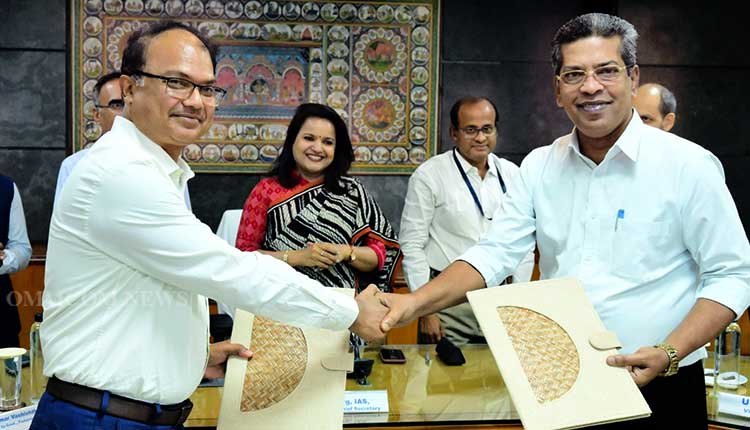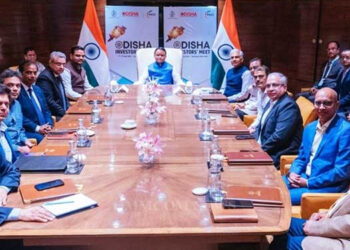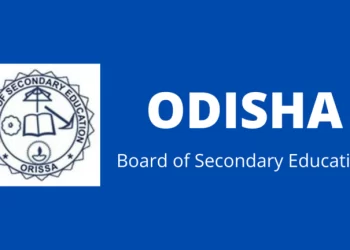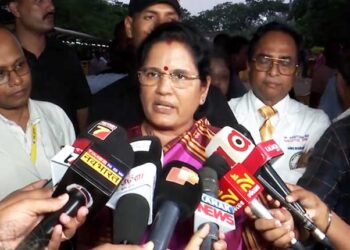In a significant move to revolutionize irrigation and agricultural practices, Odisha’s Department of Water Resources (DoWR) has signed two Memorandums of Understanding (MoUs) with the Indian Council of Agricultural Research Indian-Institute of Water Management (ICAR-IIWM) and the Xavier Institute of Management, Bhubaneswar (XIMB).
These MoUs were signed at Rajiv Bhawan in Bhubaneswar in the presence of Anu Garg, Development Commissioner-cum-Additional Chief Secretary, Department of Water Resources.
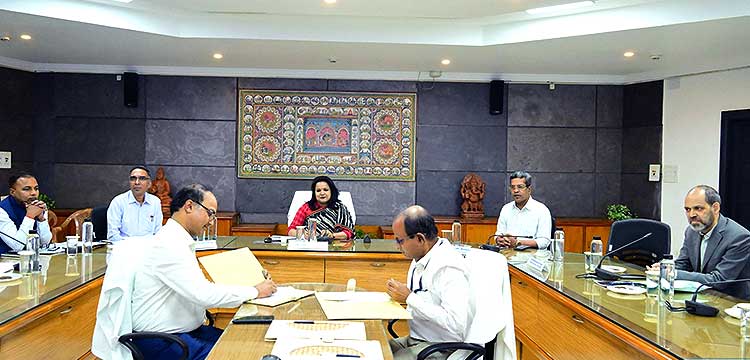
The first MoU, signed by the Director, Command Area Development and Participatory Irrigation Management (CAD-PIM) and ICAR-IIWM, focuses on conducting a pilot project in Usuma hamlet near Cuttack. The effort uses IoT-enabled digital water measurement and soil moisture sensor equipment to optimize irrigation scheduling. The project intends to enhance the capacity of Pani Panchayats to implement automated irrigation control technologies, increasing effective water use, and encouraging crop diversification in canal command areas.
The second MoU, signed between the Project Director of the Odisha Integrated Irrigation Project for Climate Resilient Agriculture (OIIPCRA) and XIMB, focuses on Training of Trainers (ToT) programs. These would provide Pani Panchayat office bearers with the necessary skills in a cascade manner, as well as undertaking training needs assessments and performance analyses.
Suresh Kumar Vashishth, Principal Secretary Fisheries & Animal Resources Development; Prem Chandra Choudhary, Director of Agriculture and Food Production; Dr Rabindra Kumar Panda, Principal Scientist, ICAR-IIWM, Bhubaneswar; and Uvari Antony R., Vice Chancellor, XIMB, attended the event.
Other Directors and senior officers from the Departments of Water Resources, Agriculture and Farmers’ Empowerment, and Fisheries and Animal Resources Development also attended the event.
Garg, while reviewing the progress of Sustainable Irrigation Projects in Ganjam, Mayurbhanj, Keonjhar, and Kalahandi districts, emphasized the importance of collaborative efforts from departments such as Agriculture, Horticulture, and Fisheries to promote sustainable agriculture, crop diversification, and increased water productivity.
The innovative irrigation systems and training activities are supplemented by plans to establish agri-tourism and aqua-tourism based on successful irrigation projects. These initiatives seek to offer farmers with long-term income while also providing tourists with recreational and educational possibilities.
The coordinated strategy, which includes modern technologies, training programs, and departmental convergence, demonstrates Odisha’s commitment to climate-resilient and sustainable farming practices.







 Finance
Finance